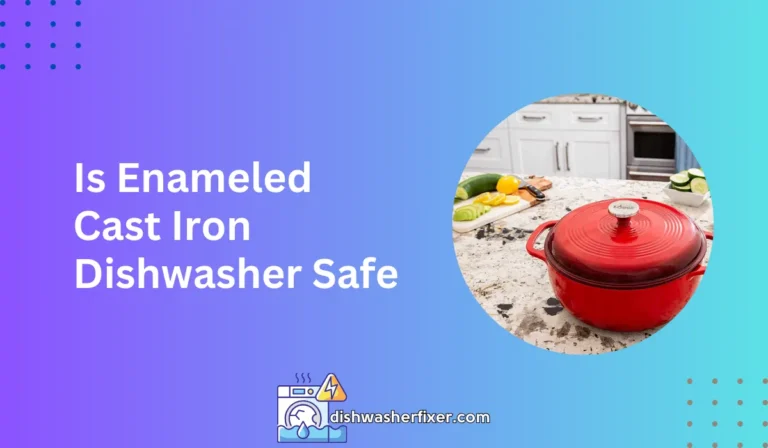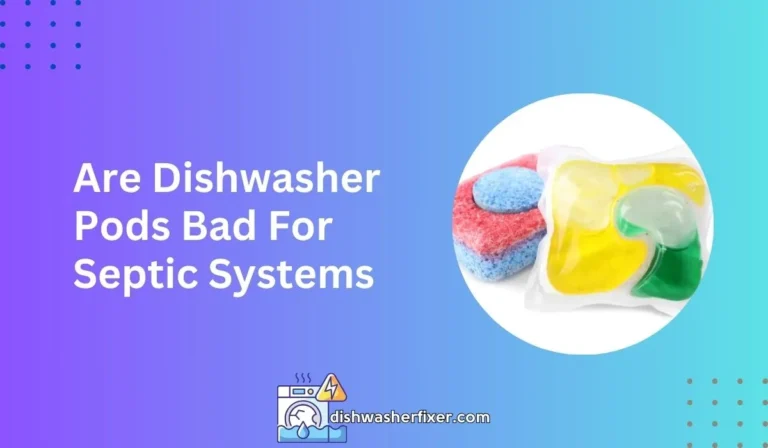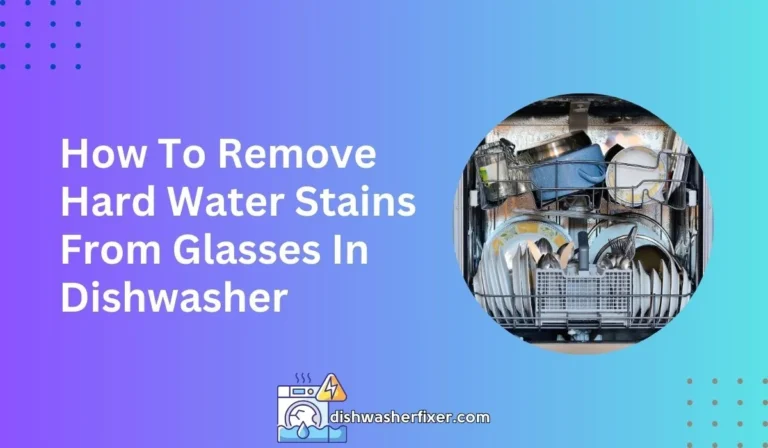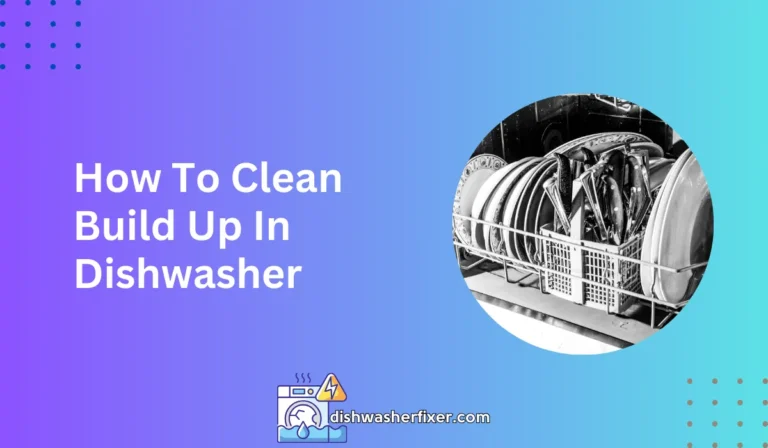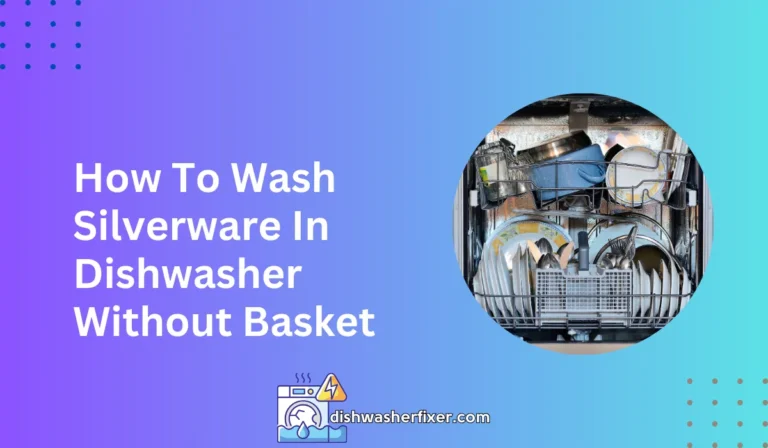Can You Use Dishwasher Pods to Mop Floors? Surprising Tips!
No, you should not use dishwasher pods to mop floors. Dishwasher pods contain harsh chemicals designed for dishes, not flooring materials. Using them can damage your floor’s finish and pose a safety risk if not rinsed thoroughly.
Understanding Dishwasher Pods and Their Ingredients

Composition of Dishwasher Pods
Dishwasher pods are a modern convenience designed to simplify the process of cleaning dishes. Each pod is a concentrated packet containing surfactants, enzymes, bleach, and rinse aids.
Surfactants work to lower the surface tension of water, helping it to spread and merge with grease and dirt, thus lifting them away from dishes.
Enzymes break down food residues, making them easier to wash away, while bleach is effective in removing stains and sanitizing. Rinse aids are included to ensure that water droplets do not leave marks or streaks on dishes during the drying process.
Intended Use for Dishwashers
The primary function of dishwasher pods is to tackle food residue, grease, and stains within a dishwasher’s unique environment.
They are engineered to perform optimally in high water temperatures and with the specific mechanics of a dishwasher, ensuring that dishes come out clean and without water spots.
Possible Risks and Concerns with Improper Use
Despite their effectiveness in dishwashing, pods can pose risks if used for tasks they weren’t designed for, such as mopping floors.
The chemical concentration in these pods is tailored for dishes that are rinsed thoroughly, not for floors where residue can remain and potentially cause harm.
The Pros and Cons of Using Dishwasher Pods for Mopping Floors

Potential Benefits of Dishwasher Pods for Floors
At first glance, using dishwasher pods for mopping might seem advantageous due to their convenience and strong cleaning agents. They are readily available in many households and pack a powerful punch in breaking down dirt and grime.
Drawbacks of Applying Dish Pods to Floor Cleaning
The cons, however, are significant. The concentration levels of chemicals in dishwasher pods can be too harsh for flooring materials, potentially leading to damage.
There’s also a high risk of leaving behind residue and streaks, which can be slippery and dangerous.
Furthermore, the safety concerns are not to be underestimated; if not thoroughly rinsed, chemicals can remain on the floor, posing a risk to pets and children.
Chemical Concentration and Floor Damage
Dishwasher pods contain a mix of chemicals that may harm floor finishes, causing discoloration, dullness, or even erosion of protective coatings. This is especially true for sensitive flooring like hardwood.
Residue, Streaks, and Safety Issues
The residue left by dishwasher pods can create slick surfaces, increasing the risk of falls.
Additionally, if these chemicals are not fully removed, they can become a hazard to anyone who comes into contact with them, especially those who spend a lot of time close to the floor, like children and pets.
Best Practices for Cleaning Floors Safely and Effectively

Recommended Cleaning Agents for Different Types of Flooring
Each type of flooring material has cleaning agents formulated to safely and effectively maintain its appearance and integrity.
For hardwood floors, gentle, pH-neutral solutions are best, while tile floors can handle slightly more acidic cleaners for grout cleaning. Vinyl floors benefit from mild detergents and warm water to prevent damage.
Alternative DIY Cleaning Solutions
For those preferring natural solutions, DIY mixtures like diluted vinegar (for tile and vinyl, but not for hardwood) or baking soda can be effective. These alternatives are safer for the environment and most flooring types, provided they are used correctly.
Tips for Maintaining Floor Cleanliness
Regular sweeping or vacuuming to remove loose dirt, prompt attention to spills, and using doormats to limit tracked-in dirt can all help in maintaining floor cleanliness.
When mopping, a correctly diluted cleaner and well-wrung mop prevent excess moisture, which can damage floors.
Integrity Without Unconventional Methods
Sticking to the manufacturer’s recommendations for floor care is the best way to preserve your flooring.
For instance, if you’re looking for the right tools to maintain your floors, consider researching what size bolts for toilet flange are best for securing your fixtures, which is an essential aspect of overall home maintenance.
FAQs About Using Dishwasher Pods to Mop Floors
Can dishwasher pods be safely used to clean floors?
No, using dishwasher pods on floors is unsafe and can damage the floor’s finish due to harsh chemicals.
What are the risks of mopping floors with dishwasher pods?
Mopping with dishwasher pods poses risks such as damaging the floor’s finish and creating a safety hazard if not rinsed properly.
Will dishwasher pods affect the finish of my hardwood floors?
Yes, dishwasher pods can damage the finish of hardwood floors due to their abrasive and chemical composition.
Are there any safe alternatives to dishwasher pods for mopping?
Yes, you should use cleaning products specifically designed for the type of flooring you have, rather than dishwasher pods.
Can I use other types of dishwashing detergent to mop my floor?
You should avoid using any dishwashing detergents to mop floors, as they are not formulated for this purpose and could cause damage or safety issues.
Final Thoughts
It is inadvisable to use dishwasher pods for mopping floors due to their harsh chemical composition, which is intended for cleaning dishes.
These substances can harm the finish of flooring and may also present safety risks if residues are not completely rinsed away, possibly leading to accidents or exposure to toxic chemicals.
